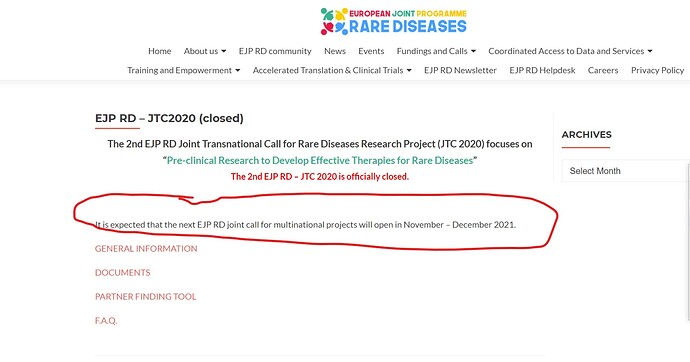Well, not practically no. That is a pre-development stage collaboration hoping to one day achieve a standardised substance screening system based on prediction. In this case, there is already sufficient published scientific evidence to support these substances being significantly endocrine disruptive; after all, that’s the desired mechanism of action of finasteride. It’s quite literally a textbook example (Patisaul and Belcher, 2017). So we have as much as we need to justify further investigation. What we don’t have is enough clinical evidence of the endpoints. A scientist conducting a literature review on the enduring health problems from accutane and SSRIs will still find relatively little. Given the similar multisystemic symptoms clearly reported by PSSD patients, calling it “post-SSRI sexual dysfunction” is itself a reductive misnomer.
What we also know is that these products appear relatively tolerable in a majority of consumers. The answers we urgently need pertain to the epigenetic pathomechanisms of PFS, how they develop, and what (epi)genetically differentiates patients in the first place. It’s our view that the way we move the fastest is to undertake bioinformatic research using state-of-the-art sequencing and analysis. This is a data based approach that has only in the past couple of years become feasible. However, to do this we need the involvement of a leading genomics center.
The alternative option is hoping the next scientist(s) getting paid have the “right” theory, and given it has proven enormously difficult to illustrate simple epidemiological realities of the condition (partly because of an ongoing and catastrophic failure at the clinical level), I remain unconvinced of that yielding any practically actionable answers in the near future. If that’s how things go, which they may, it will likely retain a purely finasteride focus and we’ll have to just do our best to make sure they take into account the clinical picture, not a partial representation being fit to a theory, and important and novel features such as the “crash” experienced by many patients.
Unfortunately that isn’t safe to say. We obviously don’t dictate research - unless we come into several million dollars. I can only tell you what we would very much like to achieve as an organisation: Collaboration with a leading molecular biologist to undertake genomic research of patients per their design. We would very, very much urge the inclusion of a secondary patient cohort (likely smaller for practical availability reasons) who are suffering an ostensibly similar syndrome after serotonergic antidepressants and isotretinoin.
Best,
Axo

